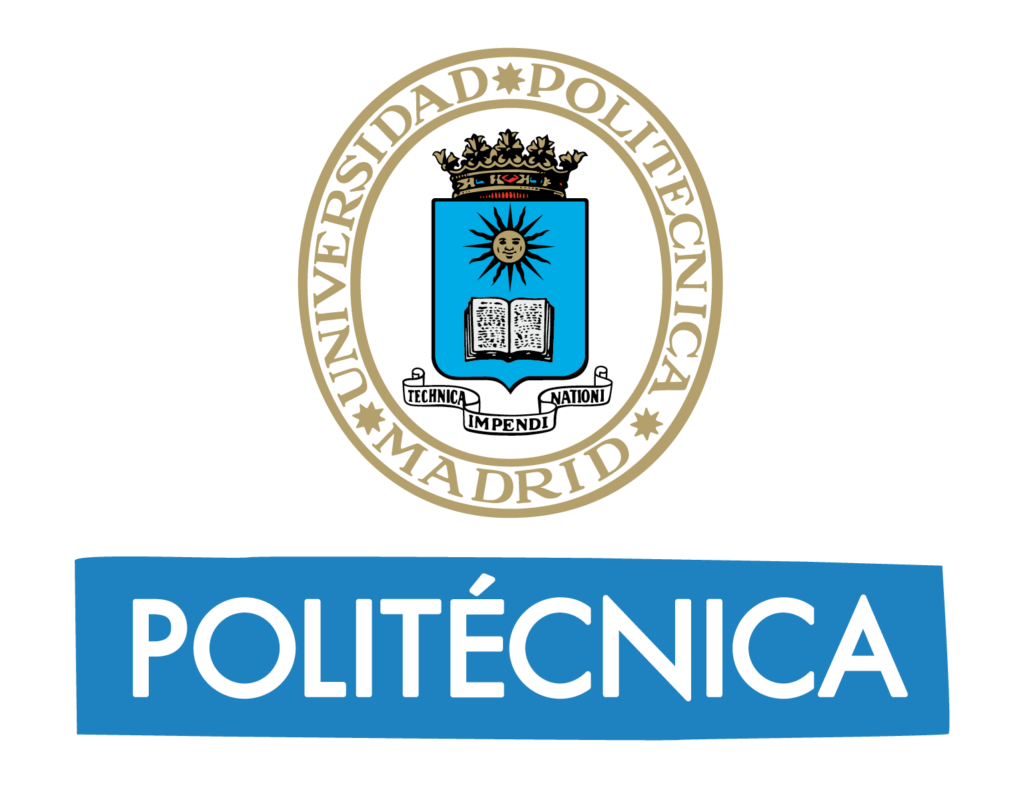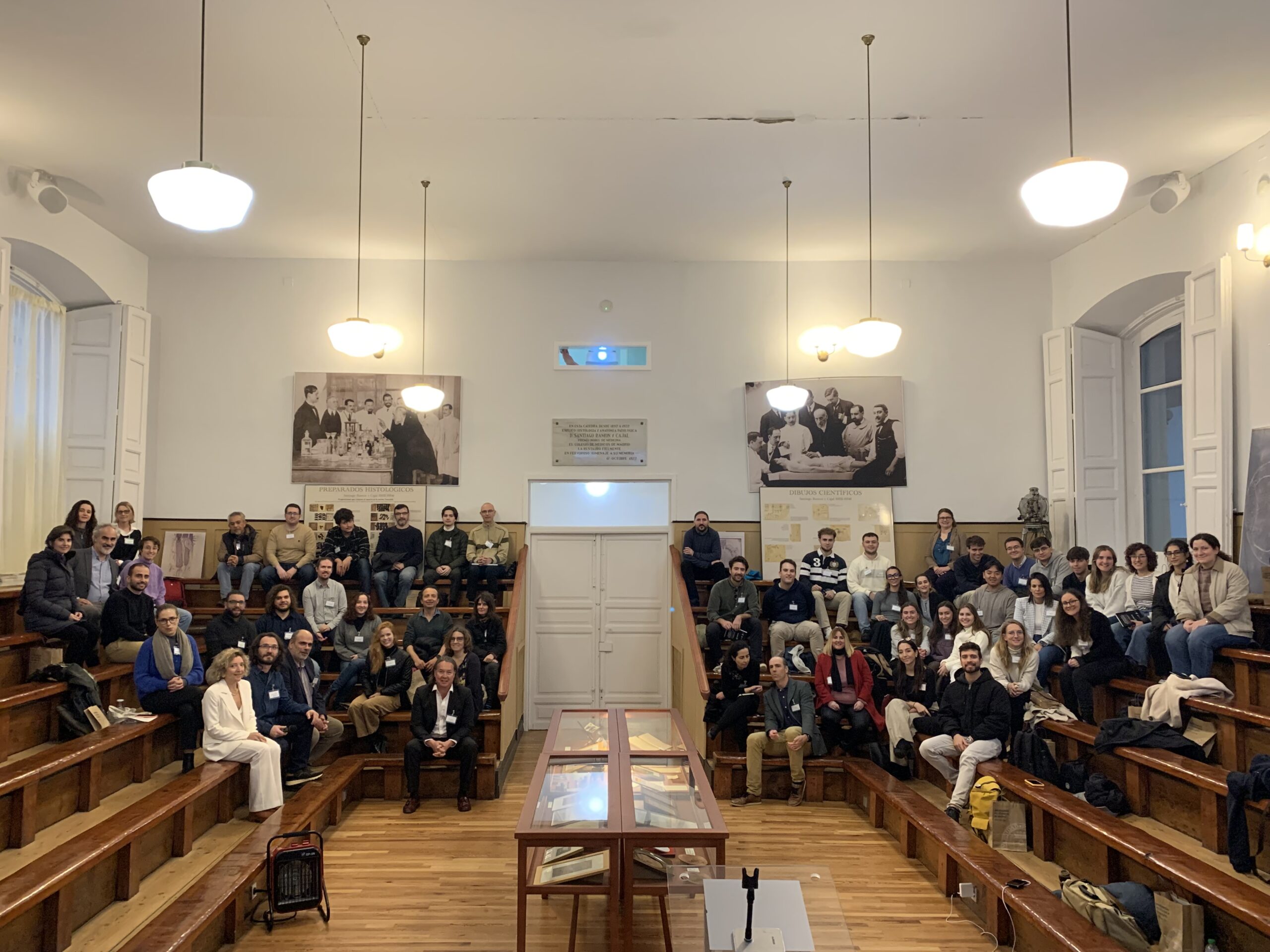The first day began with a warm welcome by Guillermo Velasco and Bryan Strange (UPM, Spain), who introduced EBRAINS as a vital resource for advancing neuroscience. Antonio Oliviero (Hospital Nacional de Parapléjicos, Spain) opened the sessions with a talk on strategies to boost recovery after corticospinal dysfunction. Ander Ramos (Tecnalia, Spain) followed with a discussion on the impact of neural interfaces in stroke rehabilitation. In the afternoon, Charlotte Stagg (Oxford University, UK) explored neural dynamics in human motor learning, and Sara Marceglia (Università di Milano, Italy) discussed the effective data flows required for intelligent neuromodulation.

On the second day, the scope expanded to include innovative perspectives. Silvia Muceli (Chalmers University of Technology, Sweden) analyzed the motor system from an intramuscular perspective. Natalie Mrachacz-Kersting (Albert-Ludwigs University of Freiburg, Germany) presented on brain-computer interfaces designed for neurorehabilitation, while Guglielmo Foffani (HM CINAC, Spain) discussed transcranial brain stimulation in movement disorders. The final session included Eduardo López-Larraz (Bitbrain, Spain), who explained how neurotechnology can transition from research labs to patients’ homes, and Oscar Robles (Universidad Rey Juan Carlos, Spain), who demonstrated advanced visual methods for exploring the brain.

The meeting concluded with a general discussion that underscored the potential of EBRAINS tools and services to connect researchers, foster collaboration, and drive advancements in understanding motor circuits, emphasising how this platform opens new opportunities and multidisciplinary research pathways.






